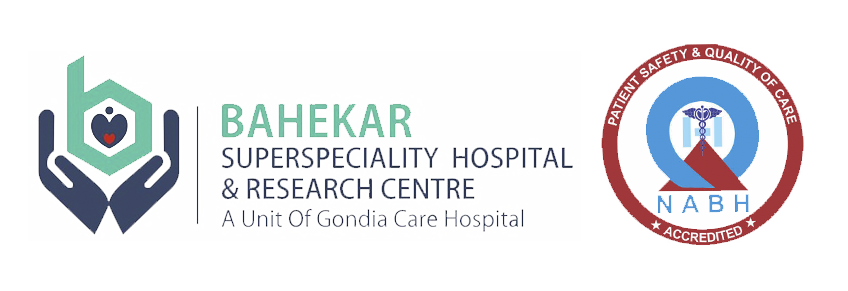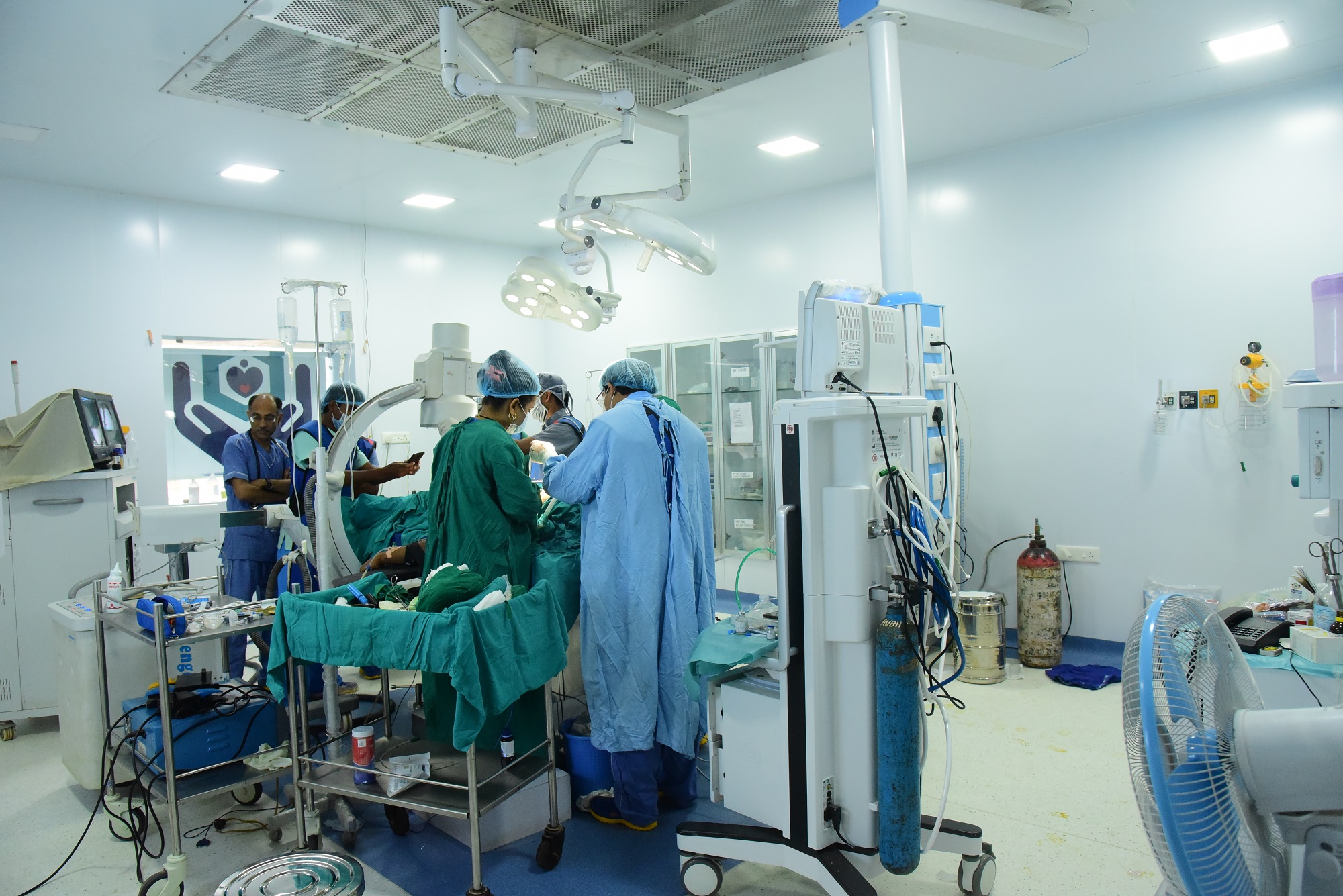These coping methods frequently mask the early signs of heart failure, and by the time symptoms appear, the problem has already progressed.
Causes of heart failure:
Coronary artery disease, in which the arteries become clogged or severely restricted, deprives the heart of oxygenated blood, is one of the most common causes of heart failure.
Symptoms of heart failure:
- congested lungs,
- irregular heartbeats,
- weakness due to decreased blood flow to key organs,
- fluid and water retention due to decreased blood flow to the kidneys,
- Dizziness or disorientation can be caused by a lack of circulation to the brain and hence, is a common symptom.
Diagnosis & Treatments of heart failure:
Blood tests, echocardiograms, ejection fraction, chest X-rays, and other tests are used in heart treatment hospitals to diagnose cardiac disorders. A B-type natriuretic peptide blood test is used to diagnose the worsening of a heart problem. It’s a chemical secreted by the heart in reaction to blood pressure variations.
Chronic heart failure treatments are now more accessible than ever before, thanks to advances in medical infrastructure and the cardiac pharmaceutical sector.
Angiotensin receptor-neprilysin inhibitors, ACE inhibitors, beta-blockers, heart pump medications, calcium channel blockers, blood vessel dilators, diuretics, selective sinus node inhibitors, and other pharmaceuticals are examples of typical types of medicines used to treat heart disorders.
Heart failure prevention can also be achieved through participating in doctor-recommended cardiac rehabilitation programmes that promote a heart-healthy living.
With an eye on holistic cardiac care, Bahekar Superspeciality Hospital in Nagpur becomes the premier destination for all your healthcare needs.




